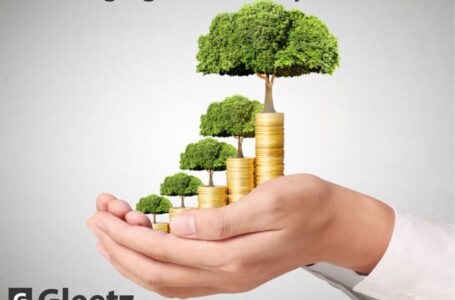Former US President Donald Trump Shot But Escapes Assassination Attempt
The specter of fuel scarcity is once again casting its shadow over Nigeria, as private depot owners have hiked the ex-depot price of petrol from N630 to N720 per litre. This sudden increase has sent ripples across the nation, leading to long queues, closed filling stations, and soaring prices.
The Root Causes
The core issue behind this emerging crisis is the monopoly of the Nigerian National Petroleum Company Limited (NNPC) as the sole importer of petrol. With limited supply and rising international costs, the NNPC has been unable to meet the demand. Private depot owners, seizing the opportunity, have raised prices, creating a supply gap that independent marketers cannot bridge.
Independent Marketers Struggle
Many independent marketers have shut their stations due to the prohibitive cost of buying fuel at N720 per litre from private depots. The National Vice President of the Independent Petroleum Marketers Association of Nigeria (IPMAN), Hammed Fashola, highlighted that the high costs, coupled with additional expenses such as transportation, make it impossible for them to sell fuel at affordable rates. Consequently, many stations remain closed, exacerbating the scarcity.
Regional Impact
The fuel scarcity is particularly pronounced in Abuja and its neighboring states, where prices have surged to N900 per litre. The NNPC has prioritized these areas, diverting supply from Lagos and other regions, which has resulted in widespread shortages. Reports indicate that major marketers sell petrol below N650 per litre, while independent marketers sell between N750 and N800 per litre.
Economic Repercussions
The crisis has far-reaching implications for Nigeria’s economy. Transport costs have surged, affecting the prices of goods and services. Businesses, particularly small enterprises, are struggling to cope with the increased costs, leading to a ripple effect that threatens to stifle economic activity.
Government’s Response
Despite the critical situation, the government has yet to provide a clear strategy to address the fuel scarcity. The NNPC’s spokesperson did not respond to calls and messages seeking comments on the crisis. IPMAN has called on the government to intervene and ensure a stable supply of petrol to independent marketers, but these appeals have so far gone unanswered.
Public Outcry
Nigerians are voicing their frustration over the persistent fuel shortages. Motorists endure long queues and pay exorbitant prices, while businesses suffer from the inconsistent supply. Emmanuel Anyebe, a motorist in Lagos, lamented, “This is just unnecessary suffering. We assumed that the removal of fuel subsidies would stabilize the market, but it hasn’t.”










